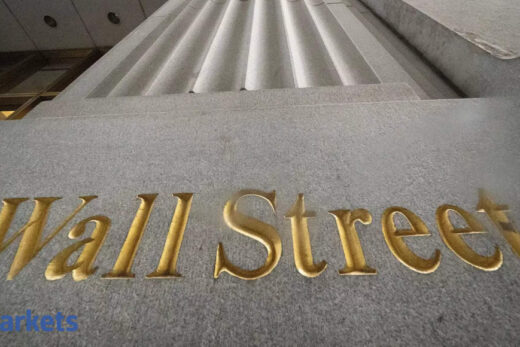The country’s third-largest lender reported $7.94 billion in profit, triple $2.54 billion a year earlier, as it released funds set aside to cover pandemic loan losses and cashed in on a boom in listed shell company deals which has boosted underwriting income across Wall Street.
Citigroup’s share price was down 1% in morning trading.
“Our first impression is the incoming CEO Jane Fraser is striking the right cord on messaging a sense of urgency to undertake strategic changes that enhance the profitability profile,” bank analyst Saul Martinez of UBS wrote in a note.
Fraser, who took over from Michael Corbat on March 1, is trying to bring Citigroup, an industry laggard hobbled by creaky technology and poor risk-management controls, in line with its peers in terms of profitability and share price performance.
As part of that strategy, the bank said on Thursday it would exit consumer businesses in 13 Asia and EMEA countries, including the major markets of Australia, China and India where she said the bank does not have the necessary scale to compete.
“We believe our capital, investment dollars and other resources are better deployed against higher returning opportunities in wealth management and our institutional businesses in Asia,” she said in a statement.
The Institutional Clients Group, which includes capital markets, commercial banking and private banking, will continue to serve clients and operate “wealth centers” in Singapore and Hong Kong, as well as London and the United Arab Emirates, the bank said.
It provided no timeframe for the exits but Fraser, who grew up in Scotland, told analysts there would be “no dilly-dallying” on executing the changes.
Like its peers, Citigroup’s bank bottom line was buoyed by a broader economic recovery thanks to vaccine rollouts, which have allowed Americans to get back to work, and $1.9 trillion in stimulus. That allowed Citigroup to release $3.85 billion in loan loss reserves.
Also in line with Wall Street peers, Citigroup’s investment banking revenue surged 46% on stronger equity underwriting fees. The bank has been a leader in raising money for the so-called blank-check firms or special purpose acquisition company frenzy, which has seen $100 billion worth of US deals this year.
But Chief Financial Officer Mark Mason told reporters on a Thursday call that he doubts that the record-breaking activity will last. “We expect to see a decline in SPACs in line with broader equity underwriting activity as interest rates push investors towards surer returns,” Mason added.
REVENUES DOWN
The bank also felt the impact of cash-flush consumers paying off loans and using debit cards more for purchases, which reduced lending revenue in the quarter, Mason added.
Net interest revenue, the difference between interest the bank earns and what it pays on deposits and borrowings, was $10.17 billion, down 12% from a year earlier. Total revenue fell 7% to $19.3 billion on low interest rates and a 10% decline in loans, largely due to lower consumer credit card loan balances.
“As elsewhere, trading and banking were a bit stronger than expected and net interest income a bit weaker but it was basically all pretty close to expectations,” Oppenheimer analyst Chris Kotowski said in a note to clients.
Citigroup’s pre-provision profit, a gauge of bank performance unaffected by changes in estimates and economic assumptions for loss reserves, was down 18% from a year ago.
Overall card purchase sales were up 1%, even as total card revenue fell 18%. JPMorgan Chase & Co said on Wednesday spending on its consumer debit and credit cards together rose 9% from a year earlier.
Markets and securities revenue for Citigroup rose 2%, compared with an exceptionally strong quarter a year earlier. Expenses rose 4%, in line with the company’s projections, on increased spending to fix its risk controls and improve its operations.



